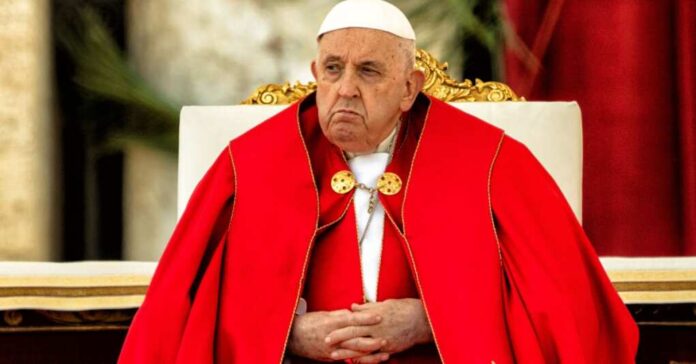
Archbishop Charles Chaput has publicly disagreed with Pope Francis’s statement that “all religions are paths to God.” Chaput’s critique stems from his interpretation of Catholic doctrine, which traditionally holds that Jesus Christ is the sole path to salvation, as explicitly stated in the New Testament, particularly in John 14:6 where Jesus says, “I am the way, and the truth, and the life. No one comes to the Father except through me.”
Pope Francis recently addressed youth in Singapore. “All religions are a path to reach God. They are, to use a comparison, like different languages, different dialects to get there. Some Sikh, some Muslim, some Hindu, some Christian, but they are different paths. Understood?”
But that’s not entirely accurate. In fact, it can be quite dangerous because it’s not the way that religion has ever been taught.
Chaput’s contention is that while Pope Francis’s intention might be to promote interfaith dialogue and peace, the assertion that all religions lead to God could be seen as undermining the uniqueness of Christ’s role in Christian salvation theology. This perspective, according to Chaput, risks confusing the faithful by suggesting a universalism that isn’t supported by traditional Catholic teaching.
Chaput adamantly defends the orthodox view that while respect and dialogue with other religions are essential, acknowledging Christ as the only mediator between God and humanity remains a cornerstone of Christian belief. Chaput might argue that while God’s grace can work mysteriously, the explicit path to salvation through Jesus Christ is non-negotiable in Catholic theology.
Chaput’s stance emphasizes the distinctiveness of Christianity’s salvific claims over a more inclusive interpretation of religions as equal paths to the divine, as suggested by Pope Francis’s comments.















